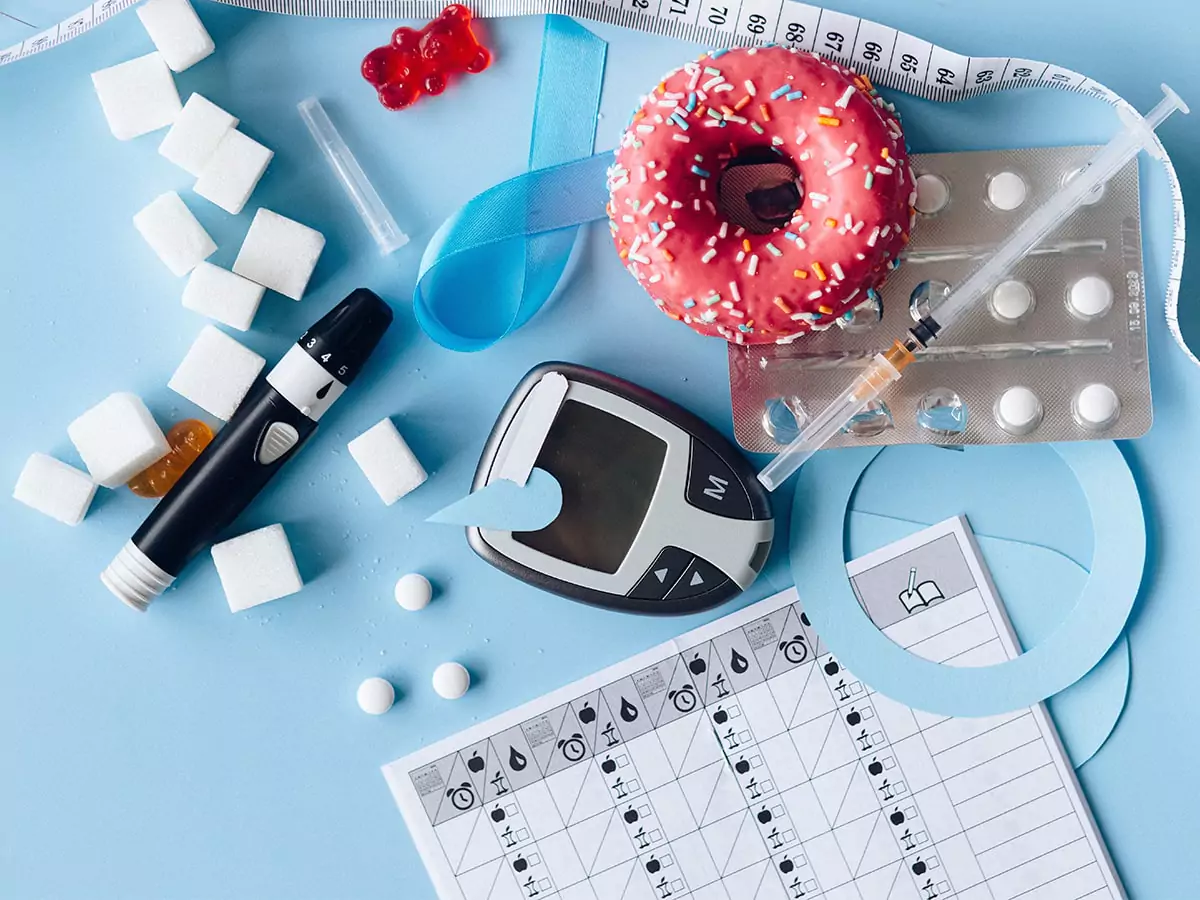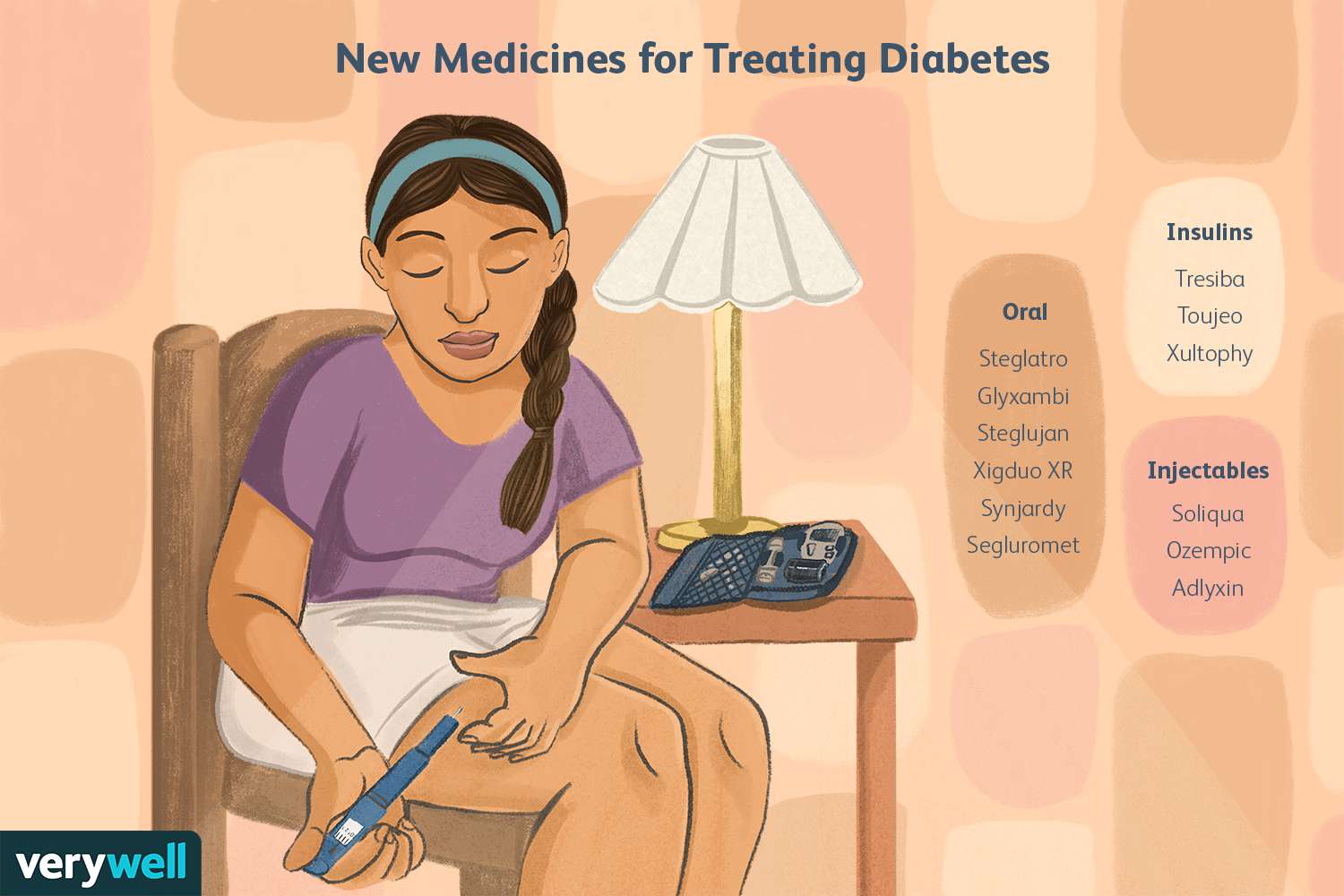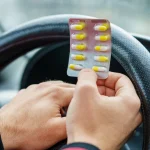
Key facts
- There are many types of medicines used to treat diabetes.
- The medicine that is best for you depends on what type of diabetes you have, how well it is controlled, if you have other health conditions and your lifestyle.
- Diabetes medicines aim to keep your blood glucose levels within a healthy range, so you feel well and to reduce your chances of complications.
- Your doctor can help you monitor your diabetes and recommend the right treatment for you.
How is insulin used to treat diabetes?
Insulin is a hormone that helps move glucose from your blood into the cells of your body, where it can be used for energy.
People with type 1 diabetes produce little or no insulin, so they need lifelong insulin replacement. Some people with type 2 diabetes, and some women with gestational diabetes (diabetes during pregnancy), also need to use insulin.
What non-insulin treatments are available to treat diabetes?
Non-insulin medicines can be used to lower blood glucose levels and are often used to treat type 2 diabetes.
Most people with type 2 diabetes are able at first to manage their condition through:
- healthy eating
- regular physical activity
- and maintaining a healthy weight
Over time, your diabetes may progress. When this happens, you may need medicines to control your blood glucose levels and prevent long-term complications.
There are many types of diabetes medicines. They all work in different ways and have different benefits and side effects.
Metformin
Most people with type 2 diabetes start treatment with metformin. This is a medicine that reduces the amount of glucose released into your blood, and increases the amount taken up by your cells.
Sulphonylureas
Sulphonylureas stimulate the pancreas to produce more insulin. Sometimes, a sulfonylurea is prescribed for people with type 2 diabetes as an alternative to metformin. However, it is usually used in addition to metformin, if diet, exercise and metformin alone do not control your diabetes adequately.
Both metformin and sulphonylureas have been used for many years. They are known to successfully reduce the complications of diabetes.
Other medicines
Other, newer medicines for type 2 diabetes include:
- glitazones — help the body to use insulin more effectively
- acarbose — prevents the carbohydrate you eat from being broken down into glucose
- GLP-1 analogues — increase the amount of insulin in the blood and are usually given as an injection
- SGLT2 inhibitors — increase the amount of glucose excreted in urine and are usually used in combination with other diabetes medicines
- DPP-4 inhibitors — also known as ‘gliptins’, increase your body’s own insulin secretion and decrease the activity of the hormone glucagon, to lower your blood glucose levels
Your doctor will recommend the best medicine or combination of medicines for you, depending on your individual circumstances.
Will I take the same diabetes medicines for life?
Over time, your diabetes can change, meaning your medicines may need to change too. For example, you may need to increase the dose, switch medicines or add more medicines.
Regardless of the type of diabetes you have, it’s important you continue to monitor your blood glucose levels over time. This is to make sure your diabetes remains well managed and your blood glucose levels stay within your target range.
Make sure you have regular check-ups with your doctor. Most people with diabetes should see their doctor every 3 – 6 months. Your doctor will help you monitor your diabetes and recommend the right treatment for you.
What should I do if I take too much or the wrong type of medicine?
If you have taken too much or the wrong type of diabetes medicine, it’s important that you contact your doctor or diabetes nurse or educator for advice.
If your doctor or diabetes nurse or educator is not available.
Taking too much diabetes medicine can cause your blood glucose level to drop too low. This is known as hypoglycaemia (‘hypo’) and can lead to a serious situation if not addressed.
- If you think you may have taken too much diabetes medicine and you self-monitor your blood glucose at home, test your blood glucose levelas soon as possible. If you don’t routinely self-monitor your glucose levels, contact your doctor or seek other medical advice straight away.
- If you find that your blood glucose level is low, you will need to address this straight away.





